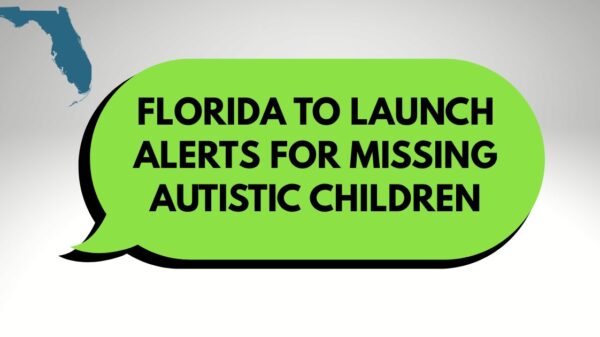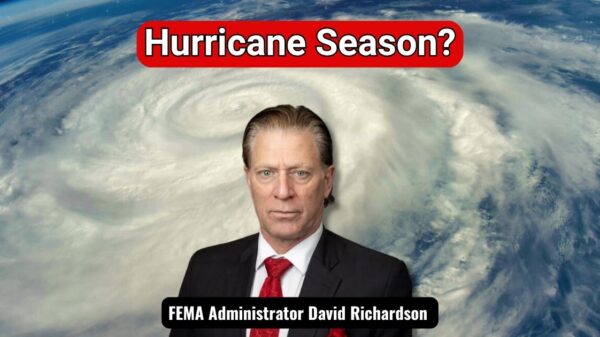Last week, U.S. Rep. Greg Steube, R-Fla., introduced the “Clean Up Disasters and Emergencies with Better Recovery and Immediate Support (DEBRIS) Act.”
The bill will “make common interest communities, such as housing cooperatives, condominiums, and mobile homes that are a part of an association, eligible for the same assistance from FEMA as other homeowners.”
Steube weighed in on the bill after he introduced it.
“After Hurricane Ian, our mobile home parks, condos, co-ops, and HOAs were left to deal with excessive debris throughout their communities through no fault of their own. My office spent countless hours advocating to FEMA on behalf of communities in my district as we worked through reimbursement issues surrounding debris removal. Last year, we were able to secure several policy waivers from FEMA to help our commercial mobile home and manufactured housing parks get the federal assistance they needed to recover from Ian,” said Steube. “My legislation, the Clean Up DEBRIS Act, will ensure FEMA provides debris removal assistance to privately owned communities in the aftermath of all major disasters without the need for waivers or special approval. This bill will provide a swift correction to a long, burdensome, government process that communities shouldn’t be forced to navigate during storm recovery.”
Steube’s office offered some of the details of his proposal.
“The Clean Up DEBRIS Act requires FEMA to issue rules for the removal of debris or wreckage from real estate owned by a residential common interest community resulting from a major disaster. It will deem debris removal to be in the public interest when a state or local government determines that such debris or wreckage constitutes a threat to life, public health or safety, or the economic recovery of such community. The legislation also provides for the repair of essential common elements of a condominium, co-op, or mobile home damaged by a disaster under FEMA’s Federal Assistance to Individuals and Households Program,” the congressman’s office noted.
The bill was sent to the U.S. House Transportation and Infrastructure Committee. So far, there are no co-sponsors and no companion measure over in the U.S. Senate.




















